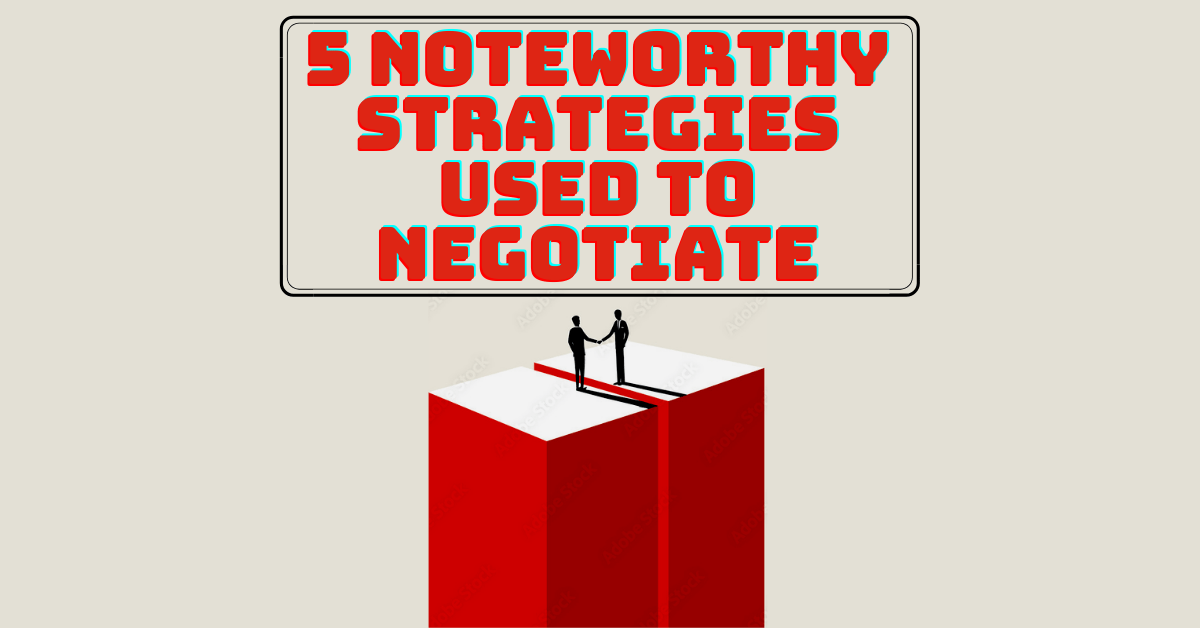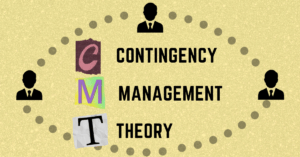Negotiation helps achieve both individual and group objectives. No firm can succeed unless team members are skilled negotiators. Master the fundamentals of successful negotiation techniques:
- Plan ahead of time
- Spend time building a relationship
- Make the first offer when you have a solid idea of the bargaining range
- Search for intelligent compromises across themes to add value
“Negotiation and discussion are the greatest weapons we have for promoting peace and development,” said Nelson Mandela
Any negotiator must have a sense of style and strong interpersonal skills. We have discussed below five (5) less well-known but equally effective negotiation tactics that can help all experienced negotiators.
INNOVATIVE IDEAS TO NEGOTIATE BETTER
Skilled negotiators are issue solvers as well as opportunity seekers. The way they negotiate, perceive, and interact with the world reflects their attributes of opportunity-seeking and masterful issue solutions. Creative solutions increase the size of the economy. In turn, solutions create more opportunities for all parties involved in the discussion to gain from their participation. Yet, we must arrive at the table well-prepared to come up with innovative answers.
PREPARATION
A WIN-WIN SITUATION OF NEGOTIATION
Try to discover what you believe is an acceptable outcome for the opposing party throughout the discussion. It could be a combination of factors that aren’t necessarily related to pricing. For example, the other party’s top priority may be the delivery date, while your top priority may be product quality. It’s just as important to understand the other side’s priorities as it is to understand your own, so consider what you would do if you were in the position. Successful negotiation is similar to horse-trading in that it needs a good sense of timing, creativity, innate sense, skills, and the ability to predict the other party’s next move.
STRATEGIC ALLIANCE
We can define Strategic alliances as developing a relationship with another individual, organization, or company to:
- Identify and establish possible allies before you require their assistance.
- Enroll other parties to help you better identify the interests of the party(s) you will be attempting to negotiate
- Create and bring more creative options to the bargaining table.
- Listen to prospective competitors’ concerns and answer them as much as possible.
The world we live in is becoming increasingly competitive and complex. Our business’s success depends on strategic collaborations. We are only as bright as the network of people we have access to advising us in a true sense.
MANAGE YOUR EMOTIONS
When starting a negotiation, it’s typical advice for entrepreneurs to leave their emotions at the door. While beginning talks with strong emotions like anger or fear might be detrimental to your negotiating skills, eliminating all feelings isn’t always a good idea. Focusing on positive emotions while minimizing negative ones may help not to be exploited during the negotiation process.
CONCLUSION
Negotiation presents many challenges for many people. When combined with your ambition to constantly grow, you have one of the most rewarding (in many ways) personal development opportunities accessible to you. Accepting that you are the only one who can alter the situations you are in is the first step toward effective negotiation. You might blame the market, personalities, time, options, power balance, or any other condition you believe is working against you. Still, in the end, you are the one who can turn events around and turn standstill situations into viable and successful businesses.
Remember, Practice makes perfect!
Do you want to share any of the Strategies used to Negotiate better? Let us know in the comment box below.
For short writeups on different topics, you can visit our Blogs & Write-ups section.
Follow for more.
[This article is written by Vaneeza Batool during Train the Learner’s 4 weeks Training Program as an Article Writer]




